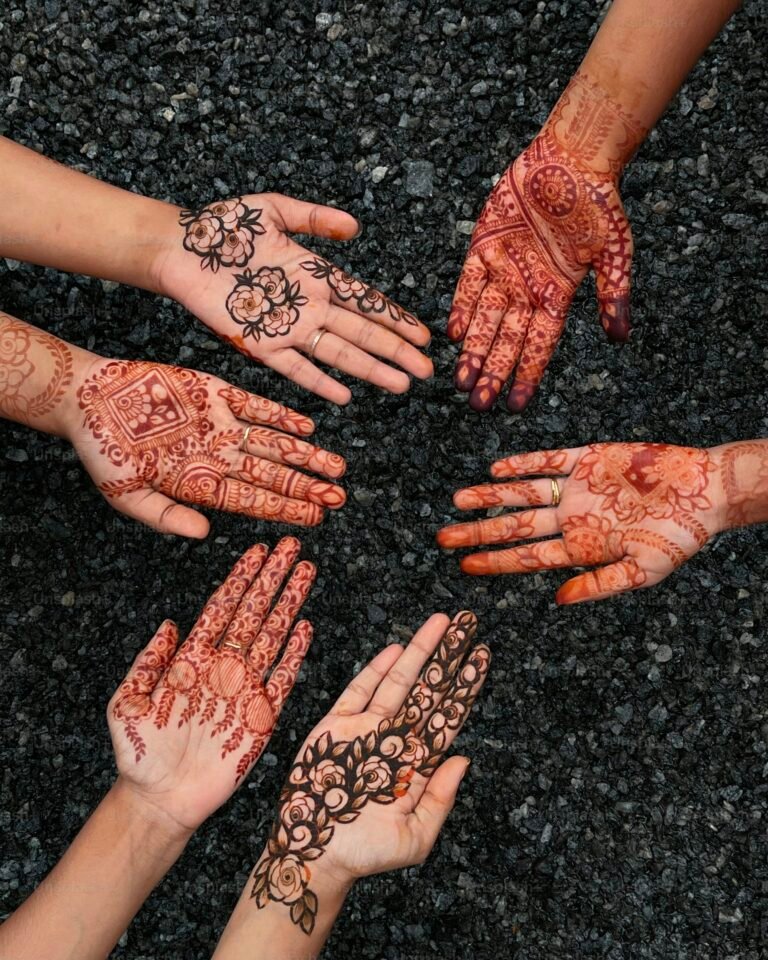Culture Vulture: Unlocking the Secrets to Being a Cultural Enthusiast
In today’s fast-paced, technology-driven world, there are people who seek out meaning and enrichment by diving deep into the arts, history, and cultural experiences. These individuals are known as Culture Vultures. Being a Culture Vulture is more than just a passing interest in a hobby—it’s a lifestyle devoted to immersing oneself in the world’s rich tapestry of traditions, creativity, and human expression. In this post, we’ll explore what it means to be a Culture Vulture, why it’s essential in today’s world, and how you can embrace this fulfilling lifestyle. Standard Business Card Size: A Comprehensive Guide to Dimensions and Design Tips
What Does It Mean to Be a Culture Vulture?
A Culture Vulture is someone who is passionate about all things cultural. From visual arts and theater to history and music, a Culture Vulture finds joy in learning, experiencing, and participating in the world’s myriad cultural expressions. These individuals don’t just dabble; they actively seek out new experiences, events, and information to feed their passion. Whether it’s attending gallery openings, following world cinema, or diving into ancient history, a Culture Vulture thrives on a continual quest for cultural enrichment.
Often, Culture Vultures are the first to hear about new art exhibitions, the latest theater performances, or a new cultural landmark. Their curiosity and drive to understand the human condition through culture set them apart as deeply engaged and informed individuals. Cultural Resource Management Services: A Complete Guide to Protecting Our Heritage
Why Being a Culture Vulture Is Important in Today’s World
In a time when we are increasingly disconnected from the world around us due to technology and fast-paced living, being a Culture Vulture serves as an anchor to deeper human connections. Culture Vultures engage with ideas, emotions, and experiences that transcend daily routines and open them to new perspectives. Here are a few reasons why this role is essential today:
- Fostering Empathy: By learning about different cultures, traditions, and artistic expressions, a Culture Vulture becomes more empathetic. Understanding the stories, struggles, and triumphs of others helps bridge divides and fosters a more connected society.
- Escaping the Mundane: In a world where entertainment can sometimes feel shallow or mass-produced, Culture Vultures find joy in authentic, creative experiences. Whether it’s an independent film or a local theater production, these individuals seek substance and meaning in everything they consume.
- Broadening Horizons: Culture Vultures are constantly learning. This hunger for knowledge allows them to see the world from diverse viewpoints and remain open to new ideas, making them more adaptable and understanding individuals in today’s globalized world.
How to Embrace Your Inner Culture Vulture
Becoming a Culture Vulture is a journey, not a destination. Here are some practical tips to get started:
- Attend Cultural Events Regularly: Make a habit of visiting local museums, galleries, and cultural centers. Keep an eye out for festivals, art shows, and musical performances in your area.
- Explore Different Art Forms: Don’t limit yourself to what you already know. Venture into new territories such as opera, sculpture, or modern dance, even if you’re unfamiliar with them.
- Read Books and Watch Documentaries: Deepen your knowledge by exploring books about different cultures or watching documentaries on topics like world history, architecture, or the evolution of music.
- Travel with Intent: Traveling can offer immersive cultural experiences. Instead of just sightseeing, dig deeper into the local culture. Visit historical landmarks, attend local festivals, or try your hand at traditional crafts.
- Stay Curious: Keep asking questions, keep learning, and keep exploring. The true hallmark of a Culture Vulture is curiosity—a drive to uncover new perspectives and understand the deeper meanings behind cultural expressions.
Famous Culture Vultures in History
Throughout history, there have been several well-known figures who could be considered Culture Vultures. These individuals didn’t just appreciate culture; they actively contributed to its development and preservation.
- The Medici Family: The Medicis were known as great patrons of the arts during the Italian Renaissance. Their support of artists such as Michelangelo, Leonardo da Vinci, and Botticelli helped fuel one of the most significant cultural movements in human history.
- Isabella Stewart Gardner: An American art collector and philanthropist, Gardner built her home in Boston into a museum, showcasing her extensive collection of European, Asian, and American art. Her insatiable curiosity and passion for art have left a lasting impact on the cultural landscape.
- Gertrude Stein: A writer and art collector, Stein’s Paris salon was a gathering place for some of the most important figures of early 20th-century art and literature, including Pablo Picasso, Ernest Hemingway, and F. Scott Fitzgerald. She played a pivotal role in shaping the modern art scene.
Practical Ways to Stay Connected to Culture Daily
Being a Culture Vulture isn’t just about attending grand events or traveling to exotic places—it can also be integrated into your daily life. Here are some ways to keep your cultural passions alive:
- Subscribe to Cultural Magazines or Newsletters: Many magazines and websites cover various cultural happenings. Subscribing to these will keep you updated on what’s new and exciting in the world of art, music, literature, and history.
- Visit Local Art Galleries: Many cities have a vibrant local art scene that is often overlooked. Take time to explore these spaces and support emerging artists in your area.
- Support Independent Artists and Creators: Whether it’s buying art, attending live performances, or sharing content on social media, supporting independent artists helps keep cultural diversity alive.
- Follow Cultural Institutions on Social Media: Museums, theaters, and cultural centers often share behind-the-scenes looks, upcoming events, and educational content online.
FAQs:
1. What is a Culture Vulture?
A Culture Vulture is someone who is deeply passionate about culture, including the arts, music, history, and other forms of creative expression. They actively seek out cultural experiences and knowledge.
2. How can I become more of a Culture Vulture?
You can start by attending cultural events, exploring new art forms, reading about different cultures, and staying curious about the world around you.
3. Are there any famous Culture Vultures?
Yes, notable examples include the Medici family, Isabella Stewart Gardner, and Gertrude Stein, all of whom played significant roles in promoting and preserving art and culture.
4. Is being a Culture Vulture expensive?
It doesn’t have to be. While some experiences may require investment, there are many affordable or free ways to engage with culture, such as visiting local galleries, attending free events, or exploring street art.
Conclusion
Becoming a Culture Vulture is about more than just enjoying the arts; it’s about cultivating a lifestyle of curiosity, appreciation, and understanding. Whether you’re attending your local museum or traveling halfway across the world to visit an ancient temple, every cultural experience enriches your life in ways that are profound and lasting. Embrace the world of art, music, history, and tradition—become a Culture Vulture and unlock a world of endless possibilities.







